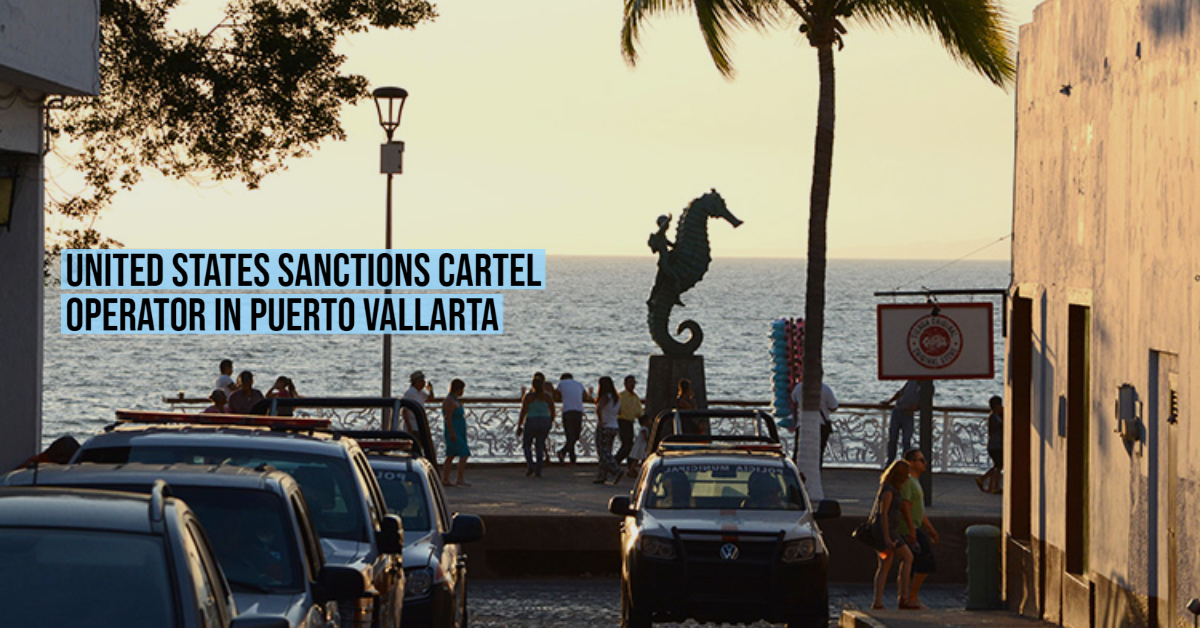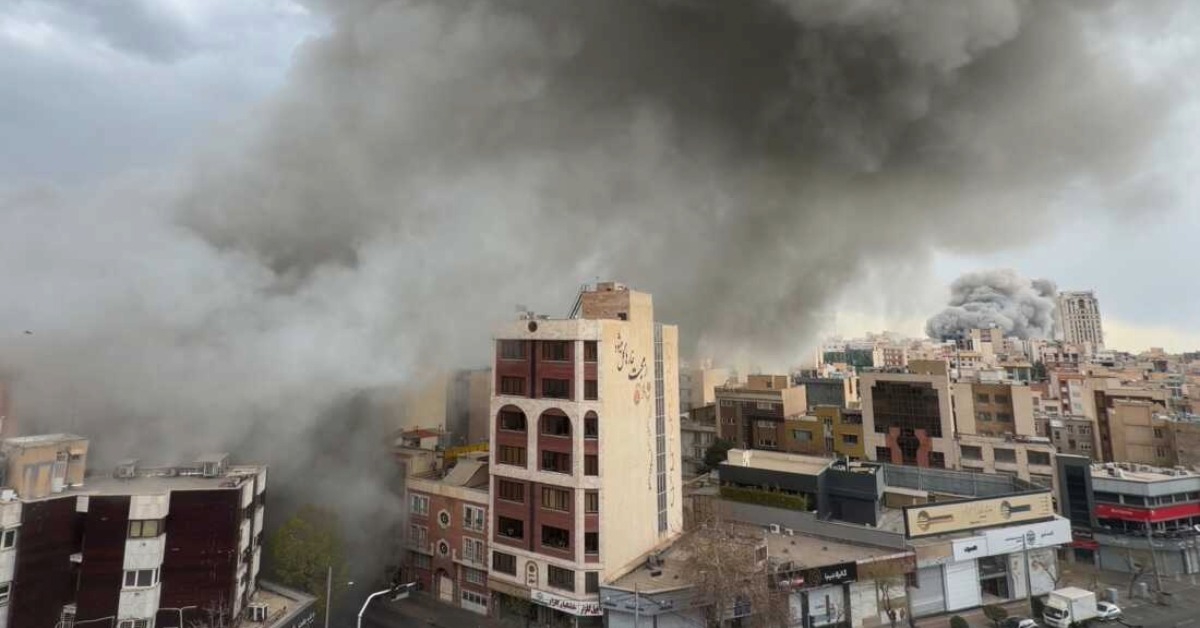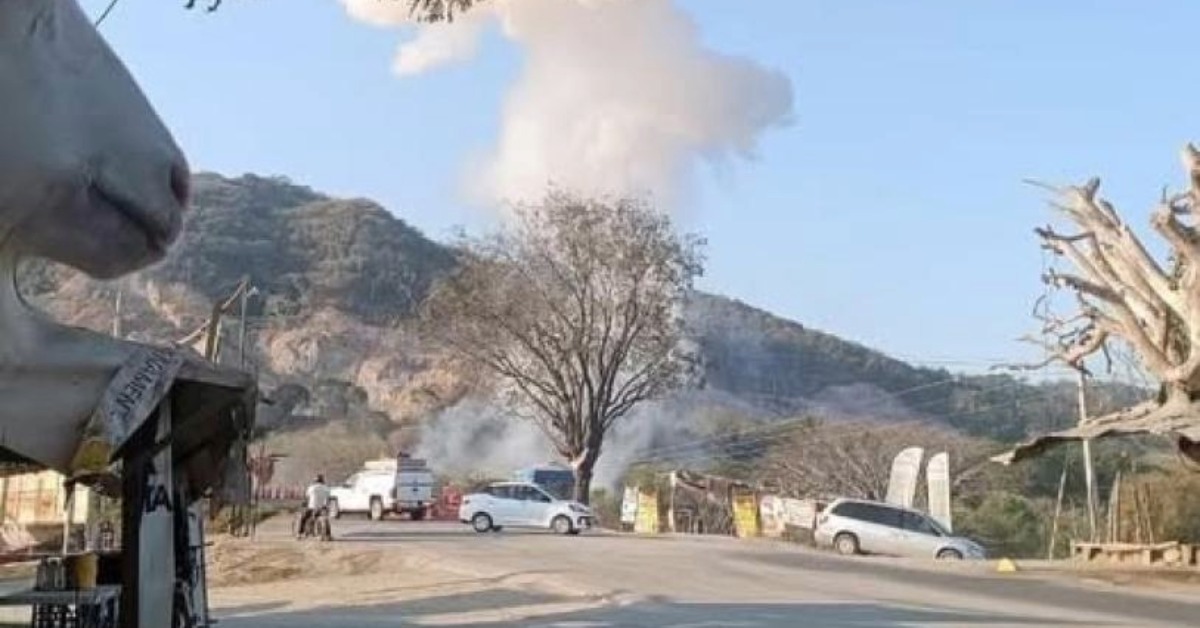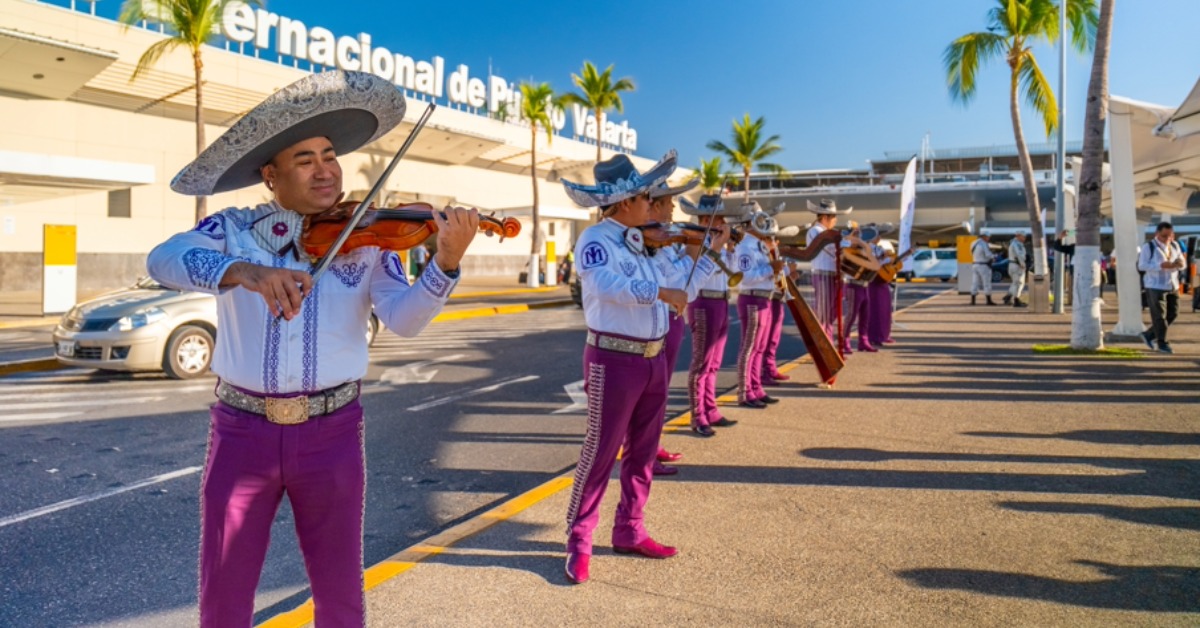Today the U.S. Department of the Treasury’s Office of Foreign Assets Control (OFAC) designated Mexican nationals Aldrin Miguel Jarquin Jarquin, Jose Jesus Jarquin Jarquin, Cesar Enrique Diaz De Leon Sauceda, and Fernando Zagal Anton pursuant to the Foreign Narcotics Kingpin Designation Act (Kingpin Act). These four individuals are members of the Cartel de Jalisco Nueva Generacion (CJNG) operating through the port of Manzanillo in Colima, Mexico, and the surrounding areas. CJNG, a violent Mexico-based organization, is responsible for trafficking a significant proportion of fentanyl and other deadly drugs that enter the United States. Today’s action . . .






